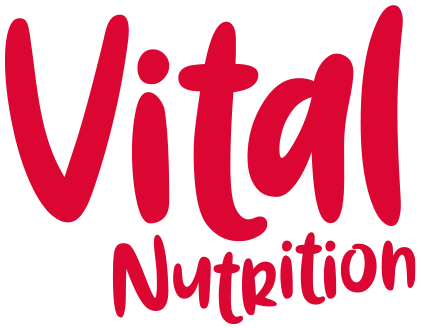Good morning sunshine!
How do you start your day? Do you wake up feeling refreshed and energised, or do you struggle to wake up, hit the snooze button a few times and need a caffeine kick to get your day started?
Most of us have a morning routine that we don’t give much thought to. It is just something that we do. Get up, get in the shower, get breakfast and get out.
Our bodies have a rhythm, a daily circadian cycle that means we should feel more energised in the mornings. Our cortisol levels are naturally at their highest levels earlier in the day. Cortisol is a stress hormone, but it all gives us our get up and go and kickstarts our day. When it is time for bed, we release another hormone, melatonin, that helps us to feel sleepy and get ready for a good night’s sleep. Working with this cycle can help energy levels during the day, but it can also affect how well we sleep at night.
Changing one or two little habits in your morning routine could make all the difference to your how you feel and function throughout the day.
Go outside
One of the biggest factors that affects our circadian rhythm is daylight, so getting outside in the morning will do you the world of good. Now that it is summertime, it is lovely to eat breakfast outside or go for a short walk first thing. The daylight will helps to suppress the sleepy melatonin hormone and balance cortisol levels. Getting into the routine of being outside every morning can really help you to sleep better at night, as it helps reset this important sleep-wake cycle.
2. Rethink your drinks
When you fill the kettle to make your morning cuppa, fill up a glass or water too and sip this while you sit for your tea or coffee to brew. One of the first signs of dehydration is fatigue, so getting into the habit of drinking glass of water before breakfast could help to improve your energy levels. If you want to step it up a gear, you could also think about replacing your morning coffee with a green tea. Green tea still give you some energising caffeine, but it will not leave you feeling jittery, as it is balanced out by an ingredient called l-theanine, which has a calming effect. You’ll also be adding a little antioxidant boost to your morning.
3. Time your breakfast
Are you hungry for breakfast, or do you eat because it’s your habit? There is growing evidence to show that an extended overnight fast is good for us. Not too long though- this is not about extreme dieting, this is about well-being. A fast of around 12-14 hours is sufficient to allow our bodies a chance to rest and repair. So if your last meal was around 8pm, consider making breakfast just a little later than normal, somewhere around 9am or 10am and see how you feel.
4. Protein powdered breakfasts
No matter whether you eat your breakfast as soon as you wake up, or a little late, don’t forget the protein. A protein based breakfast will leave you feeling fuller for longer, help support blood glumsioe and insulin balance and support and balance your cortisol levels. Base your breakfast around eggs, natural yoghurt, nuts and seeds or even fish. An omelette with seasonal greens, some low sugar granola with natural yoghurt and seasonal berries (its the best time of year to eat strawberries), or some overnight oats with chia seeds, flax and a handful of nuts.
This blog post first appeared as my column in The Irish News on Saturday 23rd July 2022.

